Notaries play a crucial yet often underappreciated role in the UK legal system, providing a wide range of services to individuals, businesses, and international clients. The primary function of a Notary Public is to authenticate, certify, and witness documents for use both domestically and internationally. Their work ensures that legal documents are recognized as valid and binding across borders, helping to facilitate global commerce, personal legal matters, and business transactions.
In this article, we will explore the key roles and responsibilities of notaries in the UK, highlighting the services they provide and why their expertise is essential in today’s legal landscape.
1. Authenticating Documents for International Use
One of the most important functions of a Notary Public in the UK is the authentication of documents intended for use abroad. Whether for business or personal matters, many legal documents require verification to be recognized in foreign countries. This process is especially vital for cross-border transactions, immigration procedures, and international business dealings.
Notaries in the UK authenticate a wide variety of documents, including:
- Power of attorney for use abroad
- Property transactions involving international buyers or sellers
- Commercial contracts between businesses in different countries
- Affidavits and statutory declarations
- Wills and testamentary documents for use in other jurisdictions
The notary’s signature and official seal confirm that the documents have been duly signed and that all legal formalities have been followed. This authentication provides assurance that the documents will be recognized in foreign courts or by government authorities, making notaries indispensable for international legal matters.
2. Certifying Copies of Documents
Another key responsibility of UK notaries is to certify copies of important documents, verifying that the copies are true and accurate representations of the original. Certified copies are often required for legal or official purposes, such as when applying for visas, opening bank accounts abroad, or registering businesses in foreign jurisdictions.
Common documents that notaries certify include:
- Passports
- Birth, marriage, or death certificates
- Academic qualifications
- Company incorporation documents
By certifying these copies, notaries help to ensure that the documents can be used internationally without question, providing confidence to foreign authorities that the documents are genuine.
3. Witnessing Signatures on Legal Documents
A critical function of notaries is to witness signatures on legal documents to confirm the identity of the signatory and ensure that the person signing the document does so willingly and without coercion. This role is particularly important for documents related to financial transactions, contracts, and property transfers, where the legitimacy of the signature is essential for the document to be legally binding.
Notaries also take special care to verify the signatory’s understanding of the document’s content, ensuring that they are fully informed about the legal implications of what they are signing. This helps to prevent fraud and ensures that all parties involved in a transaction or agreement can rely on the validity of the signed document.
4. Administering Oaths and Taking Affidavits
In addition to witnessing signatures, notaries in the UK are authorized to administer oaths and take affidavits. These are formal statements of fact, often used in legal proceedings or in support of applications, such as visa or residency applications. When a notary administers an oath or takes an affidavit, they confirm that the individual making the statement is swearing to its truthfulness under the penalties of perjury.
This service is commonly required in a wide range of situations, including:
- Court proceedings where sworn testimony is needed
- Immigration cases requiring sworn declarations
- Business contracts that necessitate sworn statements
The notary’s role in administering oaths and taking affidavits provides an added layer of accountability, ensuring that legal statements are made in good faith and with an understanding of the legal consequences of false statements.
5. Facilitating Cross-Border Transactions
For businesses and individuals involved in international transactions, notaries play a crucial role in ensuring that the documents required for cross-border deals are legally valid and enforceable in the relevant jurisdictions. Notaries assist with various aspects of cross-border business dealings, including:
- Corporate resolutions and authorizations for foreign transactions
- Sale of shares in companies with international shareholders
- Commercial agreements and contracts involving multiple countries
- Setting up international branches of companies
By certifying and authenticating documents related to these transactions, notaries ensure that businesses can operate smoothly across borders, reducing the risk of legal disputes or delays caused by issues with document recognition.
6. Apostille and Legalization Services
In many cases, documents notarized in the UK must go through an additional process known as legalization to be accepted in foreign countries. This typically involves obtaining an Apostille from the UK’s Foreign, Commonwealth & Development Office (FCDO) or having the documents legalized by the relevant embassy of the foreign country.
Notaries often assist with this process by guiding clients through the Apostille or legalization requirements, ensuring that all necessary steps are completed so the documents can be used internationally. For countries that are part of the Hague Apostille Convention, obtaining an Apostille is generally sufficient, while other countries may require further legalization steps through their embassies.
7. Handling Complex Notarial Matters
Notaries also deal with more complex and specialized legal issues that require expert knowledge. These can include matters such as:
- International inheritance and probate cases, where UK wills and estates have implications in foreign countries
- Notarization of shipping documents for international trade
- Maritime law, where notaries help certify documents related to shipping, cargo, and maritime contracts
Given the complexity of international legal systems, notaries often work closely with foreign lawyers and legal authorities to ensure that the documents they handle meet the legal requirements of all relevant jurisdictions.
8. Assisting with Immigration and Visa Applications
Notaries also assist individuals and families with immigration and visa applications, particularly for those seeking to move abroad or apply for citizenship in another country. In these cases, notaries may be required to certify key documents such as birth certificates, marriage certificates, and educational qualifications, ensuring they are properly authenticated for submission to foreign immigration authorities.
Notaries help individuals navigate the often-complicated paperwork involved in immigration cases, ensuring that all documents meet the necessary legal standards.
Conclusion: The Essential Role of Notaries in the UK
Notaries in the UK perform a vital role in ensuring the legality, authenticity, and recognition of documents both domestically and internationally. Their services are essential for facilitating cross-border business transactions, protecting against fraud, and ensuring that legal documents meet the highest standards of accuracy and validity.
From authenticating documents for use abroad to witnessing signatures, certifying copies, and assisting with complex legal matters, notaries provide invaluable expertise in an increasingly globalized world. As international trade, migration, and cross-border legal matters continue to grow, the role of the notary will remain essential in helping individuals, businesses, and governments operate seamlessly across borders.


0 Comments